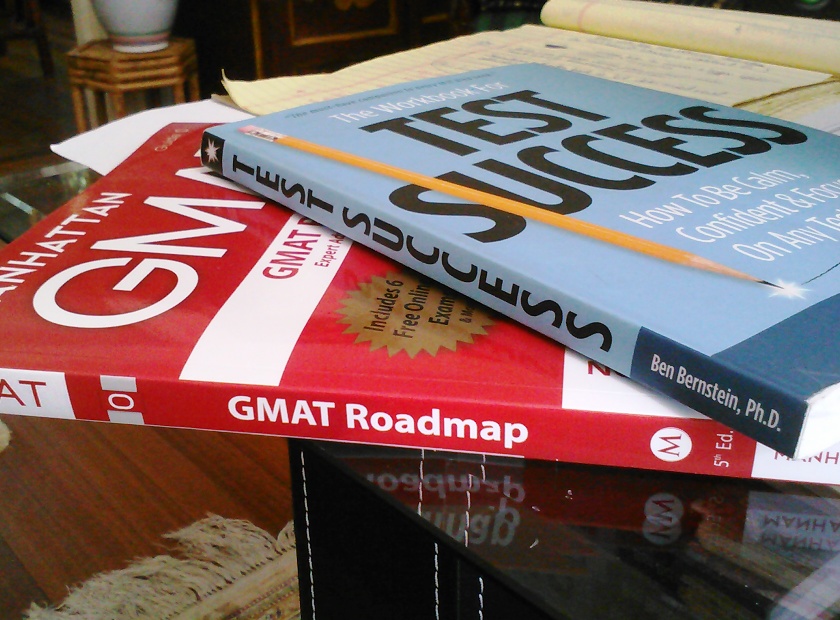HBS Admissions Director Speaks Out on Application Process
There are those who revere her and those who fear her–but one thing is certain about Dee Leopold, director of Harvard Business School admissions—she tells it straight. After the May 22 announcement that HBS would modify its
admissions process, Dee made herself available to answer questions. She granted an exclusive interview with Poets & Quants and immediately scheduled a webinar to explain the new process. I’ve posted highlights of that webinar below.
In short, the new HBS application reduces previous years’ essay requirements and asks interviewed students for a written reflection within 24 hours of meeting the admissions representative.
During that webinar, Dee spent a few minutes explaining the reasoning for the new process, admitting that it was not a “cataclysmic change.” The rest was straight talk, including some great nuggets for what you need to know about HBS and getting in. This director of MBA admissions has always been direct about what it takes to get into Harvard Business School.
Here are a few nuggets that I found insightful and worth remembering as you consider Harvard Business School during the coming application season.
GRE vs. GMAT: Harvard does not prefer one or another. “I think both tests are adequate indicators of what standardized tests can tell,” says Dee Leopold. Note the phrasing – she careful not to endorse either test as a measure of intelligence. She simply notes that because they use standardized tests as an application requirement, either the GMAT or GRE is fine.
She also notes that the overall score is not the most important, but the quantitative and verbal sub-scores matter more. For example, in the case of someone who has demonstrated an affinity with analytics in their coursework and jobs, “We want to look at their GMAT verbal score because maybe they haven’t had much practice in terms of writing or reading long passages. The absolute flip side would be for someone who had not had any quantitative work in college or had not had quantitative work on the job,”
GPA: At Harvard, like most business schools, admissions directors care about your transcripts. “Your GPA is just a number. We spend an awful lot of time looking at the courses you are taking. Have you challenged yourself? Have you taken some risks? I would hate to think that people would be simply courting the perfect GPA and not really maximizing the opportunity to take some risks.”
The interview: Dee was very specific about your prospects if you are chosen for an interview. If you get as far as an interview, you have a better than 50% chance of joining the class. “We like the interview to be a not a slam dunk, but neither do we want it to be such a long shot.”
Indeed, the post-interview essay is new, and meets a specific need in the evaluation process. “In our MBA program there is an emphasis on reflection. We think that leaders and managers need to learn to step back a bit to absorb what they’ve experienced and to be able to put it in writing,” said the admissions director. She also gave the rationale that you will be asked to write on the job with an equally short turnaround – not months and months like the regular essays allow for.
Age: “The average age is around 27… No one comes to Harvard Business School straight from college. There is no right number of years and months of experience, some people are ready after two years, and there are some people for whom the optimal time may be 10-20 years later.”
Recommendations: “We would like to see one from your immediate supervisor, but this is a judgment call for you.” Further, if the potential recommender has been able to give you constructive advice, “then that’s a pretty good choice. However, your piano teacher, or family friends who have simply watched you grow up are not the right ones. (Betsy’s note – questions about MBA recommendations come up regularly – and the answer is always the same.)
Financial aid: “We are a need-based school and we have just as much money available for the last round admitted as we do for the first. We do not have merit fellowships. We are need-blind when we make our admissions offers.”
MBA Resume: “I truly believe that a resume for someone at your career stage should be one page.”
Deadline: We don’t do anything until the deadline. (First round, Sept 24) Then we then look at everything; as soon as that deadline passes, it is game on. There is no correlation whatsoever between when you submit your application and when you are invited to interview.
2+2: If you not get in to this “tiny” program, “there is no stigma about reapplying later…we hate to think that you might go away and never think of yourself as a candidate for HBS.”
So with the first round deadline only three months away, time are you ready to apply?





